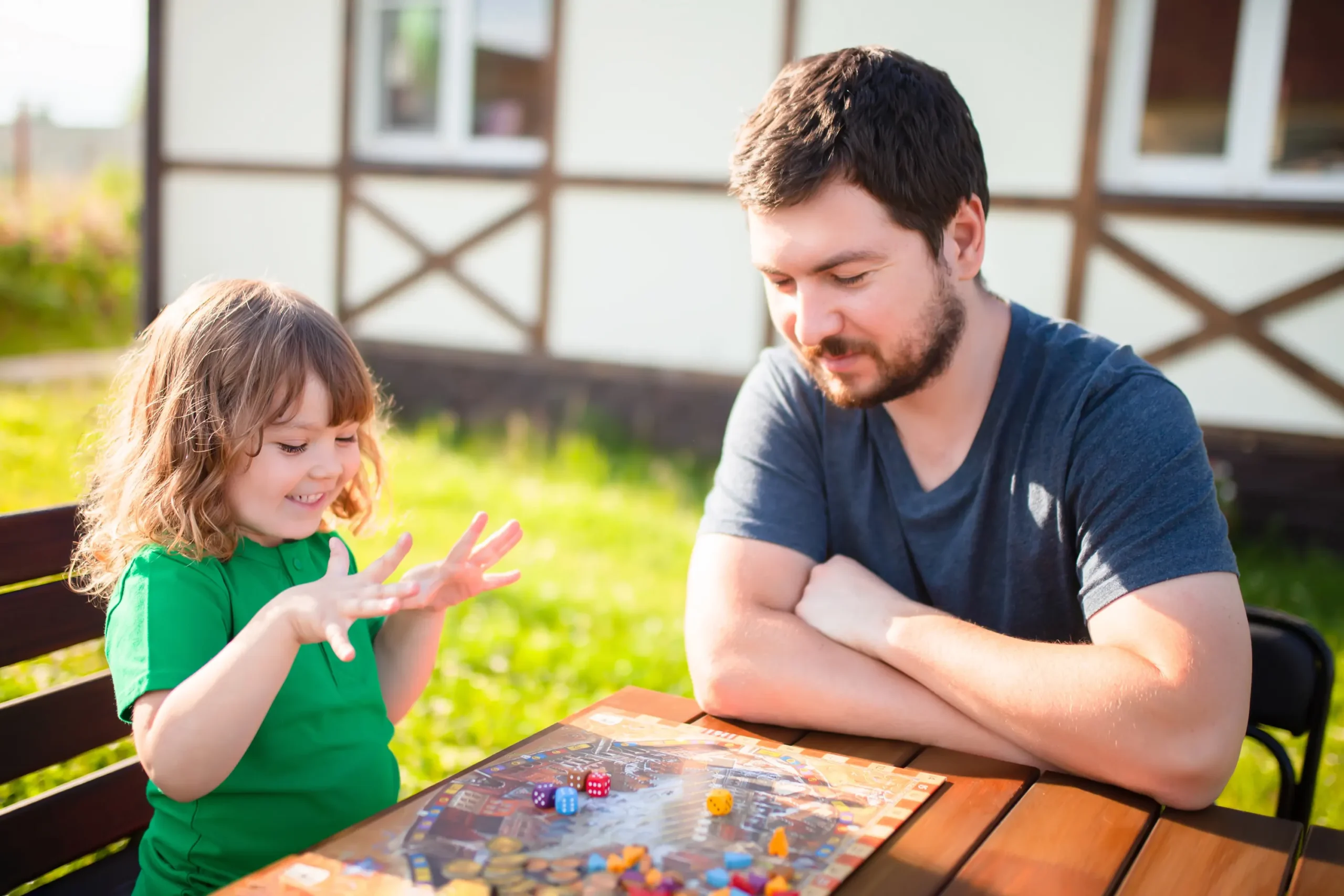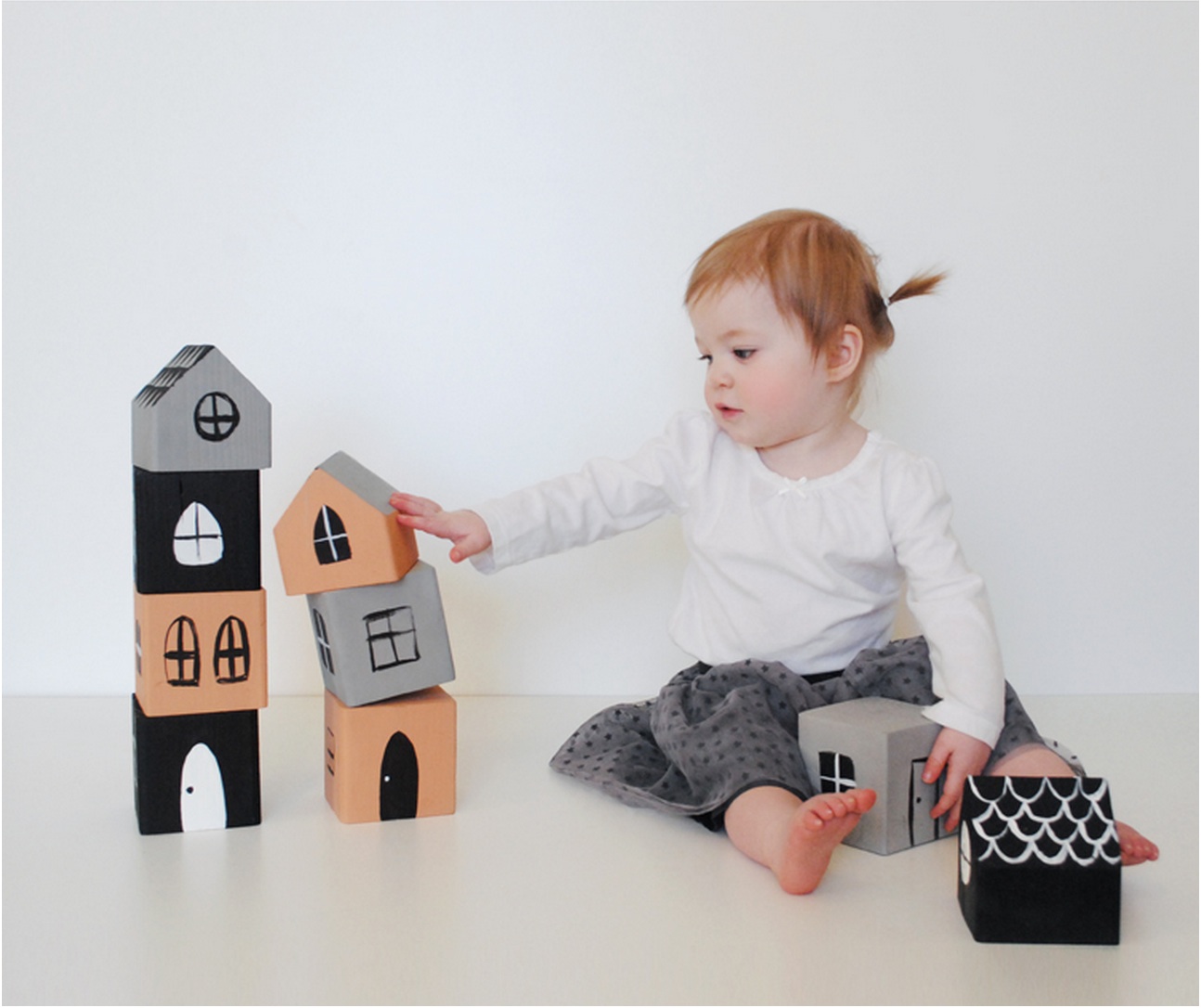
Love Languages for Kids: Understanding and Expressing Affection
As parents, we strive to show our love for our children in ways they can truly feel and understand. But sometimes, despite our best efforts, we might notice a gap between our expressions of affection and how well our kids receive it.
Are the hugs, the praises, or the surprise gifts not getting through as expected? It’s possible that you’re not speaking your child’s unique love language.
Did you know every child has a preferred way of receiving love that fills their emotional tank to the brim? It’s true! Just like adults, kids have their own ‘languages’ when it comes to expressing and understanding love – be it a cuddle, kind words, focused attention or something else altogether.
In this blog post, we’ll guide you on how to discover and use your child’s love language so that your bond grows stronger with every word spoken and action taken. Get ready to become fluent in loving your little one just right
What are Love Languages for Kids?
Love languages for kids refer to the different ways in which children understand and express affection. It is important for parents to understand their child’s love language in order to effectively communicate and connect with them on an emotional level.
Love Languages for Kids refer to the specific ways children feel and express affection. These languages are methods of emotional communication that allow kids to understand they are loved and to show love in return.
Each child has a unique way of experiencing this connection, making it crucial for parents and caregivers to recognize which language resonates the most with their child.
Understanding these languages provides insight into a child’s emotional needs and strengthens family relationships. Through these expressions of love—be it hugs, encouraging words, shared activities, help with tasks or special gifts—parents can build strong emotional bonds with their children.
Knowing how your kid experiences love is key in nurturing their development and wellbeing within the family dynamics.
Importance of understanding love languages for kids
Understanding love languages for kids is crucial in fostering strong emotional connections and enhancing parent-child relationships. By recognizing and comprehending the specific ways in which children perceive and express love, parents can better cater to their emotional needs, leading to enhanced psychosocial development and overall wellbeing.
Every child has a unique way of feeling valued and loved, hence, understanding their individual love language enables parents to communicate affection more effectively, building a deep sense of security and trust within the parent-child dynamic.
Recognizing your child’s primary love language provides valuable insight into how they interpret expressions of care and appreciation. This understanding forms the foundation for nurturing healthy emotional expression while instilling effective communication skills from an early age.
The 5 Love Languages for Kids
Kids, like adults, have their own love languages, which include physical touch, words of affirmation, quality time, acts of service, and gifts. Understanding and speaking your child’s love language can greatly impact their emotional well-being and overall development.
Physical touch
Physical touch is one of the primary love languages for kids, which involves expressing affection through physical contact. Hugging, holding hands, playful pats on the back, and cuddling are all ways to show children love and care.
Positive physical touch has been linked to emotional wellbeing and attachment parenting, contributing to a strong parent-child relationship. Understanding your child’s need for physical touch can help foster a sense of security and promote healthy development.
Encouraging positive physical touch helps children feel loved and valued while reinforcing their emotional connections with others. By incorporating this love language into daily interactions, parents can strengthen the bond with their children while promoting healthy emotional development.
Words of affirmation
Praising and encouraging your child using positive words is a powerful way to express love. Your child’s self-esteem can flourish when you offer specific praise for their efforts and achievements, such as “You worked really hard on that project, I’m impressed.” Offering verbal support like “I believe in you” helps build confidence and reassurance.
Using encouraging phrases like “You’re so brave” or “Your creativity amazes me” can make a significant impact on your child’s emotional well-being. Simple yet genuine affirmations like “I’m proud of you” or “You are important to me” can go a long way in strengthening the parent-child bond while boosting their sense of security and self-worth.
Quality time
Quality time is essential for children to feel loved and valued. Spending meaningful moments with your child, such as playing a game together or going for a walk, helps nurture the parent-child relationship.
Engaging in activities that your child enjoys communicates affection and strengthens the bond between you both. This dedicated one-on-one time provides an opportunity to connect on a deeper level, fostering a sense of security and emotional well-being in your child.
Understanding your child’s love language is crucial for developing a strong and healthy relationship. Quality time offers the chance to share experiences, laughter, and create lasting memories with your child.
Acts of service
To express love through acts of service, help your child with tasks they find challenging or simply take care of something for them. This could involve making their favorite meal, doing laundry together, or assisting with homework when they’re stuck.
By engaging in these activities, you show your child that you understand and care about their needs.
Performing acts of service helps children feel valued and loved by demonstrating thoughtfulness and fostering a sense of security. When parents actively engage in acts of service to express affection, it strengthens the parent-child relationship and encourages healthy emotional development.
Gifts
Understanding your child’s love language can help you express love in ways that resonate with them. For some children, receiving gifts is a meaningful way to feel loved and valued.
When choosing gifts for your child, consider their interests and preferences. Giving thoughtful and personalized gifts shows them that you understand and care about what matters to them.
It’s not about the cost of the gift but the thought behind it that makes a difference in expressing love through this love language.
How to Identify Your Child’s Love Language
Observing their behavior and paying attention to their reactions are key in identifying your child’s love language. Additionally, asking them directly can also provide insight into how they prefer to receive affection.
Observing their behavior
When observing their behavior, pay attention to how your child reacts to different expressions of affection. Notice if they seek physical contact or pull away from it, as this can indicate their love language.
Observe their response to words of encouragement and praise, whether it’s a smile or increased confidence. Take note of how they react when you spend one-on-one time together, as some children thrive on quality time with loved ones.
By keenly observing these cues in your child’s behavior, you can gain valuable insights into their love language and demonstrate affection in ways that resonate with them.
As parents navigate the journey of understanding and expressing love languages for kids, observing their behavior becomes an essential tool for deciphering the unique ways in which children respond to emotional expressions.
Whether through physical touch, words of affirmation, quality time spent together, acts of service performed selflessly, or thoughtful gifts given with love – each child has a distinct affinity towards one or more specific love languages.
Paying attention to their reactions
When observing your child’s reactions, notice how they respond to different expressions of love. Watch for their body language and facial expressions when you engage in physical touch, offer words of affirmation, spend quality time with them, do acts of service, or give them gifts.
Their responses can provide valuable insight into which love language resonates the most with them. By paying attention to their reactions, you can gain a better understanding of how your child prefers to receive affection and tailor your expressions of love accordingly.
Understanding your child’s reactions helps create a stronger bond based on meeting their emotional needs effectively while promoting healthy development. Being attuned to your child’s responses enables you to nurture a more meaningful connection that fosters a loving and supportive environment.
Asking them directly
To identify your child’s love language, ask them directly. Consider asking questions like “What makes you feel loved?” or “How do you know when someone cares about you?” By having an open conversation, you can gain insight into what gestures and behaviors resonate most with your child.
Encouraging this direct communication can help strengthen the bond and understanding between you and your child.
When it comes to expressing love in their preferred language, asking them directly for feedback or suggestions can also be beneficial. This approach allows your child to feel heard and valued, enhancing the overall connection in the parent-child relationship while showing that their feelings are important to you.
Expressing Love in Your Child’s Love Language
Show your child love through positive physical touch, encouraging and praising them with words of affirmation, spending quality time together, doing acts of service for them, and giving thoughtful gifts that align with their love language.
Using positive physical touch
Physical touch is a powerful way to express love to your child and make them feel secure. Hugs, pats on the back, or holding hands can communicate your affection and provide reassurance during challenging times.
By using positive physical touch regularly, you can foster closeness and connection with your child, helping to build a strong foundation for their emotional well-being.
Engaging in activities that involve physical touch, such as playing sports together or engaging in playful roughhousing games, can further strengthen the bond between you and your child while promoting a sense of trust and security.
Encouraging and praising them
Encouraging your child by acknowledging their efforts and accomplishments can have a positive impact on their self-esteem. Praise them specifically for the actions or behavior you want to encourage, using words that highlight their strengths and efforts.
Ensure that your praise is genuine and sincere, as children are perceptive to insincerity.
Praising your child for their achievements helps reinforce positive behaviors, boosting their confidence and motivation. By celebrating even small victories, you help instill a sense of accomplishment in them, contributing to their overall emotional well-being.
Spending quality time together
Spending quality time together is a crucial aspect of understanding and expressing affection for children. Engaging in activities that your child enjoys, such as playing games, reading books, or going for a walk, can strengthen the parent-child relationship while nurturing their emotional well-being.
Making an effort to engage in meaningful activities with your child helps them feel loved and creates opportunities for open communication. Setting aside dedicated time for shared experiences fosters a deeper connection and promotes positive affirmations of love between you and your child.
Moving on to “Doing acts of service for them”, let’s explore how showing love through helpful actions positively impacts a child’s development.
Doing acts of service for them
When you practice spending quality time together with your child, consider doing acts of service for them as well. Simple tasks such as preparing their favorite meal, helping with homework, or tidying up their play area can communicate love and care in a tangible way.
By assisting them with daily chores or projects they are working on, you show that you value their well-being and happiness.
Engaging in acts of service for your child provides a clear demonstration of your commitment to meeting their needs and creating a nurturing environment. Whether it’s making breakfast together or assisting with organizing their belongings, these small yet meaningful gestures can foster a strong sense of security and connection within the parent-child relationship.
Giving thoughtful gifts
When giving thoughtful gifts to children, it’s essential to consider their interests and preferences. Tailoring the gift to match their hobbies or favorite characters shows that you’ve put thought into choosing something meaningful for them.
Taking note of their reactions to certain items can also provide insight into what resonates with them most.
Ensuring that the gifts align with your child’s love language is another way to make presents more impactful. For instance, a child whose love language is receiving gifts will appreciate tokens of affection, while a child who responds better to quality time may value experiences as gifts.
By incorporating these insights into your parenting approach, you can foster a strong, loving bond with your child that will positively influence their overall development. Embracing the concept of love languages creates an environment where children feel secure, valued, and deeply understood.




